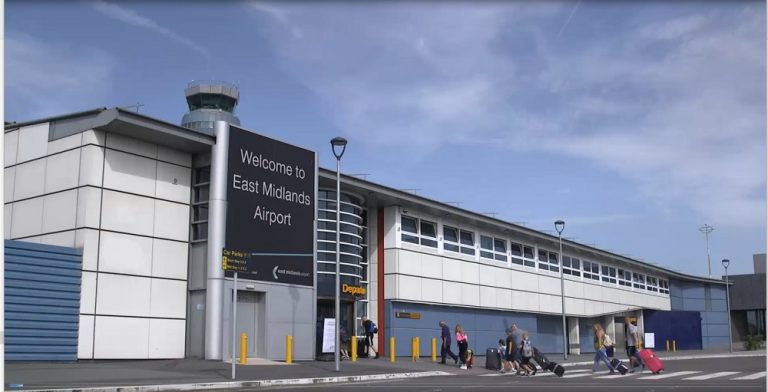Confidence amongst small firms in the East Midlands is the highest in the UK, despite another challenging quarter for businesses in the region.
According to the Federation of Small Businesses (FSB) quarterly Small Business Index, confidence in the East Midlands has improved slightly in Q4, following a stark drop in Q3, which puts the region’s businesses back into the top spot of most positive of all UK regions. The reading currently stands at 15%, compared to 0% at the end of Q3.
Investment intentions, employment intentions and predicted net gross profit were still holding up amongst small firms at a time when the ‘work from home’ message and international travel restrictions were still in place.
Other key headlines from the report:
- Confidence in business performance shows quarter-on-quarter improvement, as well as being a vast improvement compared with this time last year.
- The number of small businesses increasing headcount (13%) is similar to the proportion reducing staffing levels (12%).
- In the East Midlands, 60% of small firms increased the average salary awarded across their business over the last 12 months, with 55% increasing wages by 2% or more.
- 52% of small businesses in the East Midlands said that their growth aspirations in the next 12 months were to grow either rapidly (increase turnover/sales by over 20%) or moderately (up to 20%).
In East Midlands, the domestic economy (48%), consumer demand (30%) and appropriately skilled staff (30%) are the greatest perceived barriers to growth over the coming twelve months.
There are significant opportunities for small businesses in the East Midlands to create jobs, but we must ensure that we protect small firms from cost pressures, tax hikes and supply chain issues.
FSB East Midlands five key recommendations are:
- Every big business/government organisation should be abiding by the prompt payment code as 18,000 East Midlands businesses could be forced to close this year due to late payment
- Increase the small business rates relief ceiling to £25,000, which would take 200,000 more firms out of this regressive tax
- An increase in the Employment Allowance from £4k to £5k to mitigate the National Insurance Increase from April
- The Government should learn lessons from the botched roll-out of the SME Brexit Support Fund and launch a new fund. This should have similar aims but a more sensible eligibility criteria, reasonable application deadlines and a genuinely international focus
Clare Elsby, FSB East Midlands Policy Chair, said: “Confidence in the East Midlands remains extremely fragile despite us sitting at the top of the confidence polls, and our Small Business Index shows that there is pent up ambition and this needs to materialise.
“The ambition to invest in the business, to create jobs and to carry out business abroad are key to recovery. However, there remains uncertainty and many businesses in hospitality, retail and leisure are still reeling from a ‘Golden Quarter’ that did not happen due to the Omicron variant.
“Now that the end of Plan B restrictions are in sight, we need clear and consistent messaging and support from Government giving many small businesses confidence to plan and get our economy firing on all cylinders again. The National Insurance ‘Jobs Tax’ in April will disincentivise many small firms from growing – and so an increase in the Employment Allowance would provide some welcome support but we also need to see action taken to get small businesses paid on time.”












